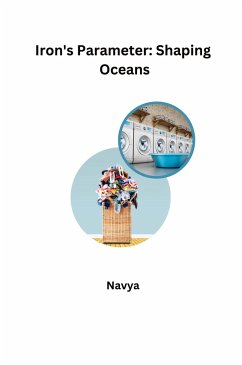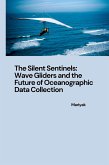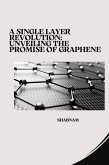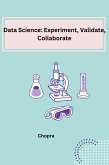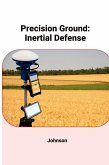The title "Iron's Grip on Ocean Models" evokes a sense of limitations and rigidity in our understanding of the ocean. Here's a possible interpretation in under 200 words:For decades, oceanographers have relied on computer models to simulate and predict ocean behavior. These models, however, often act like an iron grip, constraining the complexity of the real ocean into a rigid framework. Factors like limited computational power and the difficulty of incorporating intricate physical processes force scientists to make simplifying assumptions.This "iron grip" can lead to blind spots. The models might struggle to capture the nuances of currents, wave interactions, or the delicate balance of marine ecosystems. Just as an iron fist can't fully grasp the flow of water, these models may miss crucial aspects of a constantly changing and dynamic system.The consequence? Potential inaccuracies in predicting phenomena like storm surges, climate change impacts, and variations in fish populations. Recognizing this "iron grip" is crucial. As we develop more powerful computing and incorporate new data sources, we can loosen this grip and create more nuanced models, allowing us to better understand and predict the ever-moving ocean.
Bitte wählen Sie Ihr Anliegen aus.
Rechnungen
Retourenschein anfordern
Bestellstatus
Storno

